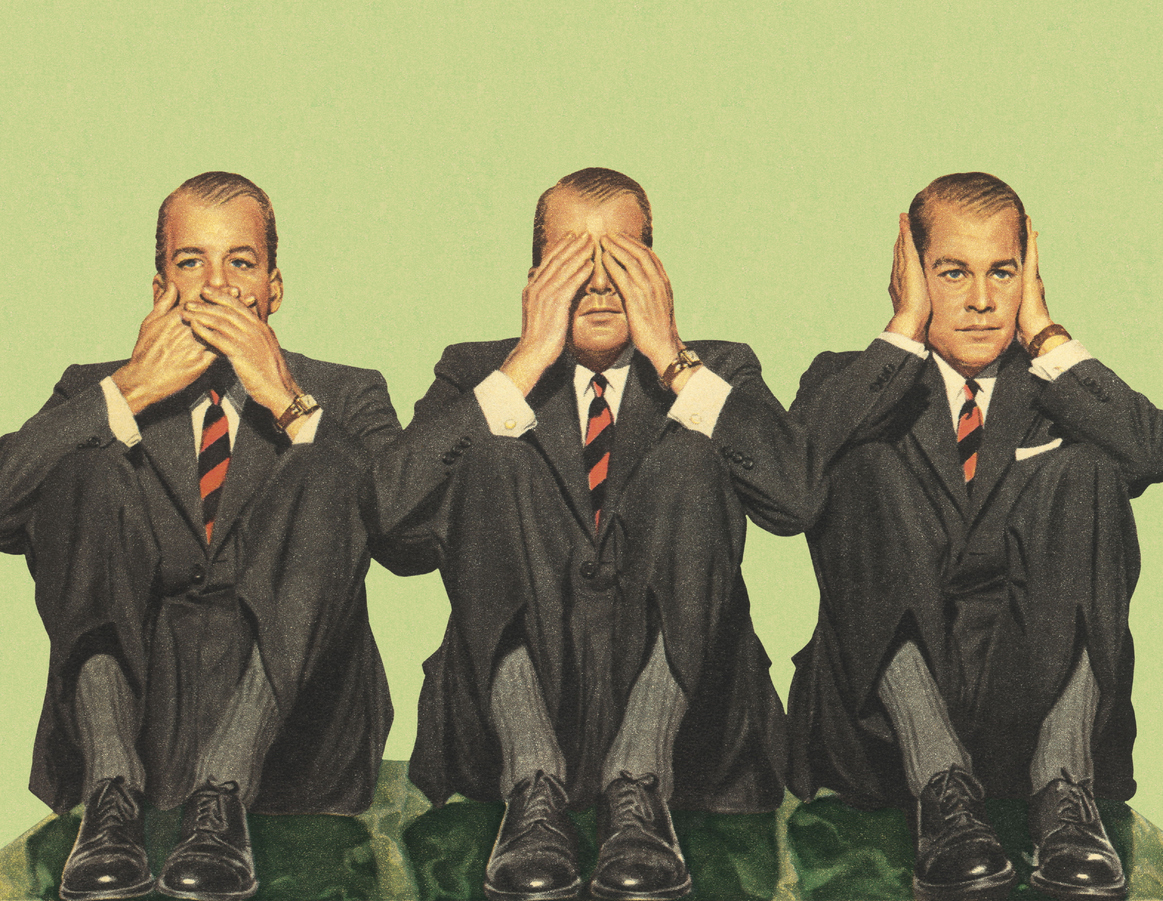(Note: This is the eighth of a thirteen part series on examination under oath).
“I’ve never taken a deposition, what kinds of questions are they going to ask me?”
This is a question posed to me most often by policyholders when they receive that dreaded notice for an examination under oath. As most people have never had the pleasure of sitting under a bare bulb being browbeaten by an overzealous insurance defense attorney, insureds usually have no idea what is in store for them at an EUO. First, as I usually explain EUOs are NOT depositions. As the court distinguished in Goldman vs. State Farm, 660 So2d 300 ( Fla. 4th DCA 1995), depositions are products of law suits, inherently adversarial, while EUOs are part of the policy’s post-loss obligations, where the policyholder has a duty to cooperate and assist the insurer in their investigation and evaluation of the claim. Therefore, as the insured has a duty to cooperate, yet most have never been involved in the EUO process, how should a policyholder prepare for an EUO?
First and foremost, I implore everyone reading this, before you sit for an EUO hire an attorney. While I know that sounds self-serving, I mean it. If a carrier requests an EUO, its representative will undoubtedly say something like, “We are here to evaluate all facts and circumstances surrounding this claim so that the carrier may make an informed assessment of the claim.” And while this may be true sometimes, many other EUOs are called with an eye toward looking for reasons to deny the claim.
Insurance defense attorneys reading this just cringed. Why? Insurance companies are mandated by law to evaluate claims in terms of looking for coverage and, in fact, it is an act of bad faith for insurers to misuse the post-loss obligation in an attempt to search for reasons for denial. With that being said, I attended an EUO recently in which opposing counsel opened the questioning by holding the policyholder’s application for the policy and asking the policyholder the same questions contained within said application. The insured was very confused and asked for a break to confer with me outside the room. I, however, was not confused. Under Florida law, and most other jurisdictions, if a misrepresentation has been rendered by the insured on the application for the policy, it’s possible for the insurance company to void the policy ab initio, that is, as if it never existed and return the policyholder’s premium. Thus, no policy, no claim.
My point is, in the EUO process, the insurance companies have attorneys working very hard for their best interests, most insureds are by no means experts in insurance law, and even a question innocently answered could lead to a denial. If the same question had been answered in a different fashion, but still honestly, no denial would result. For example, let’s suppose an insured suffers a pipe break. Water from the pipe is spraying behind a wall and soaking the dry wall. Within a few days, even if reasonable effort is employed to dry up the area, mold may grow in the effected area. If the insured is called to EUO and innocently testifies that his/her loss consists of mold all over the drywall the defense attorney will squeal with delight, as mold is usually excluded or severely limited under most policies. What should have been said is: the drywall was wet by the water from the broken pipe and later, despite efforts to dry the area, mold grew on the drywall. What’s the difference? The drywall being wet by a broken pipe is completely covered under most policies without limitation. Further, the mold growing on the wet drywall would also be covered up to the limits for mold on the policy, but even if mold is excluded from coverage, the wet drywall is still covered. This is a prime example of why the policyholder needs an attorney advocating for them at an EUO.
With that being said, what can a policyholder do to prepare for an EUO? First, I recommend that a policyholder sit down and create a time line for the claim. When did they become aware of damage? What was the property’s condition prior to the loss? What steps were taken immediately to mitigate the damage (taking steps to temporarily repair the property so it is not further damaged is another post-loss obligation with which an insured must comply)? When was the insurance company called? Were any statements made by the insured to the insurer? And if yes, consistency is a must in the EUO process. What repairs were made? Who effectuated the repairs? How much did they cost? If an estimate has been submitted by a public adjuster or other professional, have the person who generated the estimate explain it to the policyholder so everyone agrees on the damage being claimed. Also, it is important to note that EUOs are not memory tests. If a policyholder wants to write down a list concerning the above questions and refer to it at an EUO they may. One caveat, however: if notes are being used, be prepared for the defense attorney to ask for a copy and possibly attach the notes to the EUO as an exhibit.
Further, the insurer has probably asked the policyholder for documentation to be provided in conjunction with the examination. The policyholder should diligently gather these documents and provide them to defense counsel BEFORE the EUO in order to avoid having defense counsel demand to review the documents and ask the insured to come back for a second examination in which they are asked questions about the documents. In addition to gathering and providing the documentation, the policyholder should review and become familiar with the contents of said paperwork in order to be able to answer questions directed to them by defense counsel. In other words, the policyholder should become an expert about the facts and circumstances surrounding his/her own claim. I know some people reading this are saying, “Why? Isn’t the insurance company there to help me?” In a perfect world, yes, but, unfortunately, the world we live in is all too often imperfect. For even if one is an expert on the facts and circumstances surrounding the claim, they are still not an insurance expert. As a mediator I know is fond of saying: hire a good attorney, get a good result, and this is especially true during the EUO process.
Tune in next week insurance fans when we discuss What Public Adjusters Need to Tell Their Clients About Examinations Under Oath and Why Public Adjusters Need to Be Careful About Giving Legal Advice.



